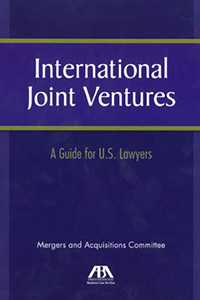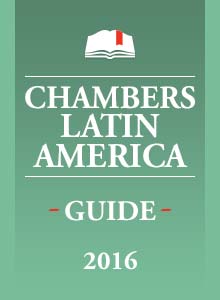Why a due diligence process may become a nightmare in Colombia?

Strong institutions with reliable databases available to the public are key when carrying out a due diligence process. In most cases, information provided by the target is insufficient and not always accurate. This means that attorneys must be creative in order to look for the right information in the right places.
Here are some examples of what can go wrong if a due diligence process is not properly handled:
- Real estate is tricky in Colombia, especially when you acquire assets or companies with rural real estate. Many attorneys focus on making sure that the “owner” of the land or property is duly recorded with the Real Estate Registry without realizing there is so much more! For instance: (i) determining whether the area has oil & gas or mining licenses that would create compulsory easements or eventually hinder its use; (ii) determining whether there are environmental restrictions such as being part of a national park, a protected wetland or a forest; (iii) verifying whether the land was formerly owned by communities or people who had to give it up because of armed groups’ pressure and are now subject to restitution proceedings; (iv) confirming that the land is not in fact a barren land that someone occupied as, regardless of time lapsed, it will continue to be State-owned and not subject to transfer.
- The Superintendence of Corporations recently issued a new regulation introducing stricter rules for anti-money laundering and terrorism financing. We cannot hide that Colombia has individuals and companies involved in such activities that do business in creative manners so as to disguise the true origin of their funds. A proper investigation during due diligence should include examining who the beneficial owners of the target are and searching not only the standard international OFAC and similar lists but also carrying out a full search of local media publications and other more informal sources of information.
- Latin American countries keep facing more and more corruption scandals. Colombia is not the exception. Doing business with relatives, partners and close friends of politically exposed parties can be risky. A proper due diligence should involve requesting full disclosure not only from all sellers but also from the target’s main stakeholders. Regulatory standards can be found in the Colombian anti-corruption statute.
- Unlike most Latin American countries, Colombia’s foreign exchange regulation imposes strict reporting obligations concerning foreign-currency-related operations such as foreign investment, receiving or granting loans from/to foreign residents, granting securities abroad, imports and exports. Non-compliance with such obligations may derive in huge fines to be imposed either by the Superintendence of Corporations or by the tax authority (DIAN). To avoid such liability, due diligence should include reviewing all the above foreign exchange transactions including: timely filing of reports to the Central Bank; correct reporting of each transaction; requesting an up-to-date report from the Central Bank to obtain information on all reported items.
- When searching for the history of land, corporations, litigation, property and any other asset that is subject to public record, one must be careful in Colombia. Government agencies are not always up-to-date and technology tends to be basic when it comes to search engines. There are entities and courts who simply do not provide such service to the public so not being able to complete an independent verification of the target’s records is common.
Being able to distinguish between what a “deal breaker” is and what not requires a thorough understanding of the risks involved and their eventual effects. For example, if a mining license does exist on the target’s land, a deal breaker would be not being able to use the land at all because of a compulsory easement that would prevent you from carrying out any activity whatsoever and that land being essential and of great value to the business you are acquiring. Otherwise, you may still negotiate such liability being properly disclosed in the “Disclosure Schedule” of the purchase agreement and establishing an escrow or taking any other measure to tackle loss if occurring. The same thing cannot be said when there are findings concerning money laundering or corruption charges. The risk involved in such situations would need to be measured in a very conservative manner as effects would not only involve economic consequences but eventual imprisonment.
Peña Mancero Abogados is publishing a series of high-level articles on M&A activity in Colombia. This article is for information purposes only and does not constitute legal advice. If you require further information, please contact Gabriela Mancero (info@pmabogados.co)

International Joint Ventures (2013)


